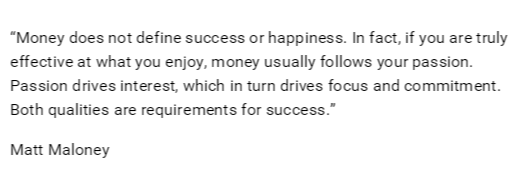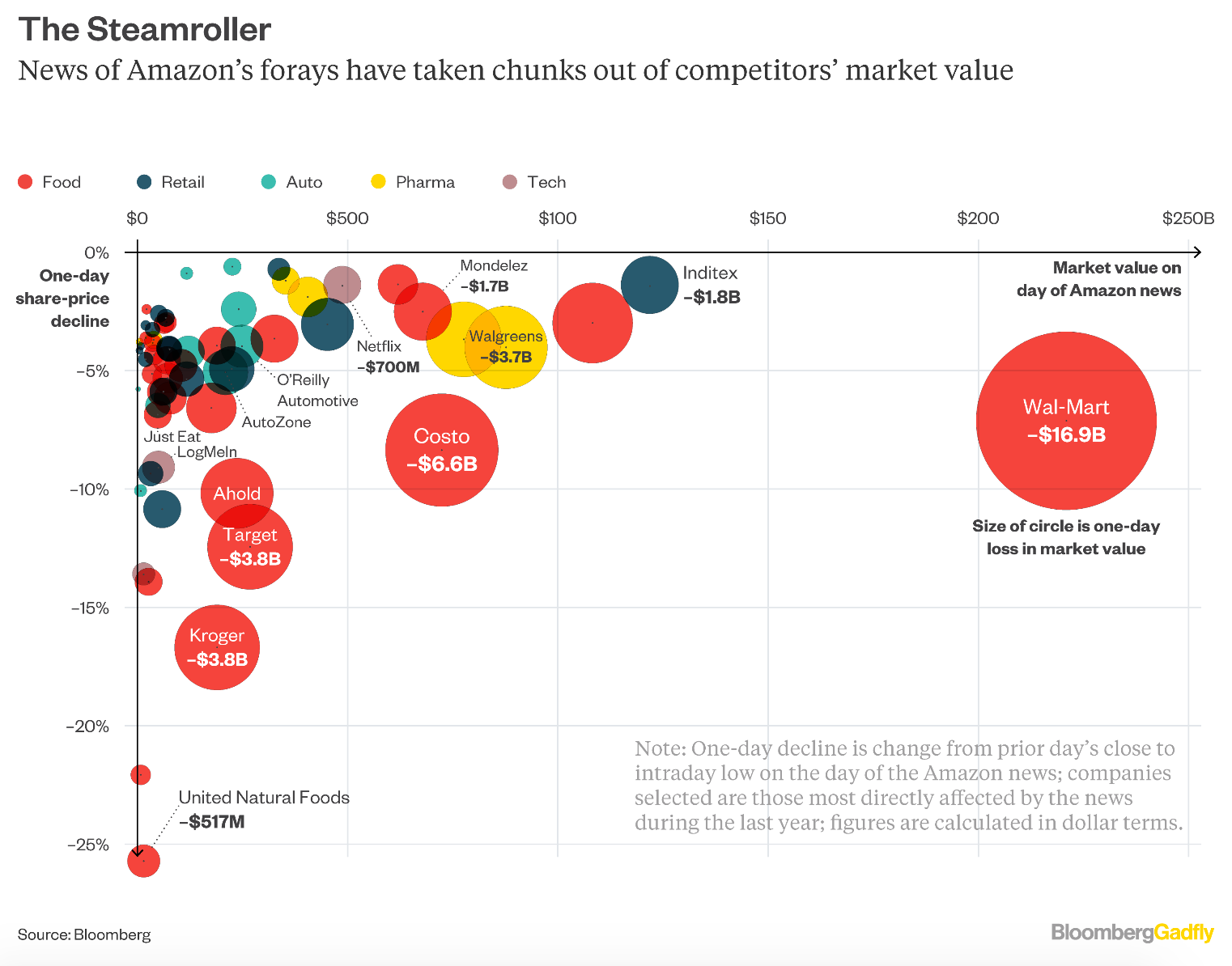Anchoring: our habit of focusing on one salient point and ignoring all others, such as the price at which we buy a stock.
Bias Blind Spot: we agree that everyone else is biased, but not ourselves.
Confirmation Bias: we interpret evidence to support our prior beliefs and, if all else fails, we ignore evidence that contradicts it.
Disposition Effect: we prefer to sell shares whose value has increased and keep those whose value’s dropped.
Framing: the way a question or situation is framed can determine your response.
Fundamental Attribution Error: we attribute success to our own skill and failure to everyone else’s lack of it.
Herding: we tend to flock together, especially under conditions of uncertainty.
Illusion of Control: we do things that make us feel in control, even if we’re not.
Loss Aversion: we do stupid things to avoid realizing a loss.
Overconfidence: we’re way too confident in our abilities, which seems to be an in-built bias that we’re unable to overcome without excessive effort.







